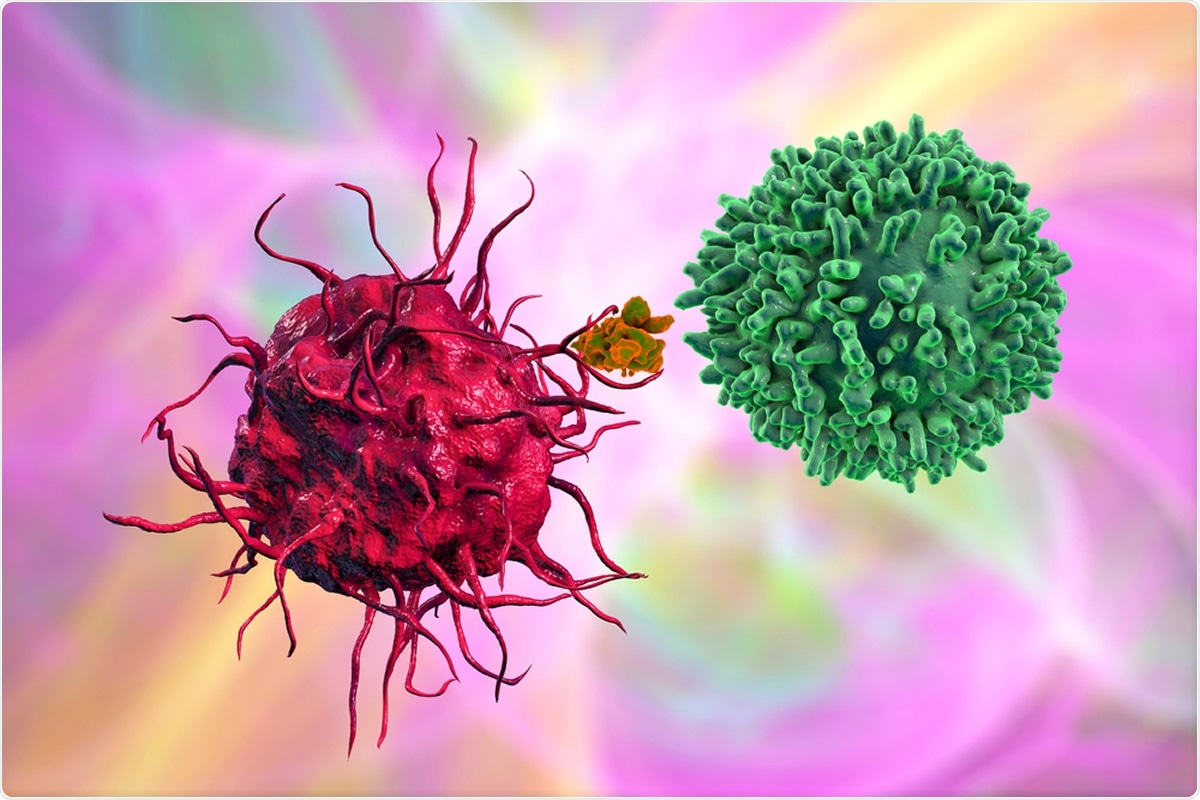The number of COVID-19 cases and their severity vary widely between different countries. COVID-19 also varies between individuals based on factors such as age, sex, and comorbidities. However, the factor with the strongest correlation in COVID-19 cases and severity is age. Studies have shown that SARS-CoV-2 is particularly virulent in the elderly population, while children are comparatively less affected by the virus.
The majority of COVID-19 fatalities occur in the elderly, with 90% of the victims over 70 years of age, while the pediatric population is mostly not affected by COVID-19. Although the more considerable impact of COVID-19 in the elderly is expected since their immune responses are weakened by age, the virus's virulence seems to be related to a disproportionate immune response, and some patients seem to benefit from immunomodulatory drugs. Also, it is not clear how newborns and infants who have immature adaptive immune systems are relatively safe from COVID-19.
Studying the role of cross-reactive immunity from pediatric vaccinations in protection against COVID-19
Associate Professor Pedro A. Reche of the Department of Immunology & Faculty of Medicine, University Complutense of Madrid, Spain, recently explored the potential role played by cross-reactive immunity granted by pediatric vaccinations and exposure to other human pathogens in the protection against COVID-19. Prof. Reche collected peptide matches to SARS-CoV-2 in the proteomes of 25 human pathogens and in vaccine antigens. They predicted the T and B cell reactivity of these antigens to identify possible cross-reactive epitopes. The research is published in the journal Frontiers in Immunology.

He found that the viruses subject to pediatric vaccinations do not have cross-reactive epitopes for SARS-CoV-2, showing they cannot provide protection against COVID-19. Similarly, common viruses such as respiratory virus, rhinovirus, influenza virus, and several herpesviruses are also poor sources of cross-reactive immunity against SARS-CoV-2. This proves that immunological memory against these viruses cannot have any protective role in COVID-19. However, Reche found that combination vaccines such as the DTP vaccine - used for treating infectious diseases, diphtheria, tetanus, and pertussis - can be significant sources of cross-reactive immunity to SARS-CoV-2.
The crucial link between DTP vaccination and COVID-19 epidemiology
Cross-reactive epitopes of DTP with SARS-CoV-2 include plenty of CD8 and CD4 T cell epitopes with broad protection coverage and potentially neutralizing B cell epitopes in SARS-CoV-2 S protein. Globally, children receive multiple DTP vaccinations, including 3-4 doses the first year of their life and 1 dose at 4–6 years of age. A low antigenic booster shot called Tdap is also given at 9–14 years of age. Thus, children may be protected from SARS-CoV-2 through cross-reactive immunity granted by these multiple DTP vaccinations.
"These findings indicate that cross-reactive immunity elicited by DT antigens in combination DTP vaccines is likely keeping children and the youngest safe from COVID-19 worldwide."
The findings also showed that MenB vaccines could induce substantial cross-reactive T cell immunity to SARS-CoV-2. However, they are unlikely to offer protection against SARS-CoV-2 to children because Meningococcal B vaccines were introduced very recently, and that too not everywhere. In contrast, combination DTP vaccines have been widely available across the globe since the 1940s.
COVID-19 severity in different countries may be associated with differences in their DTP vaccination programs
According to Prof. Reche, these findings indicate that cross-reactive immunity offered by combination DTP vaccines is likely the reason why children are relatively safe from COVID-19 across the globe. This cross-reactive immunity wanes over time in adults, explaining why COVID-19 cases and their severity increase with age.
"Cross-reactive immunity elicited by DTP vaccines will eventually wane over time explaining why COVID-19 cases and severity increases with age."
The global health crisis caused by the COVID-19 pandemic has prompted tremendous global efforts to develop an effective vaccine against SARS-CoV-2, which will probably take years to achieve. However, these results suggest that DTP vaccinations, in particular DTwP vaccinations, could be used to protect the general population against SARS-CoV-2 by exploiting cross-reactive immunity elicited by the combination vaccine.
The author believes that due to the heterogenicity of DTP vaccines, COVID-19 severity and mortality in different countries may be associated with differences in the composition of their DTP vaccines and initiation of their DTP vaccination programs.
"Given the heterogenicity of DTP vaccines, our results also suggest that COVID-19 death rates and severity in different countries may be linked to differences in the composition of DTP vaccines, vaccination regimes, and initiation of DTP vaccination programs."